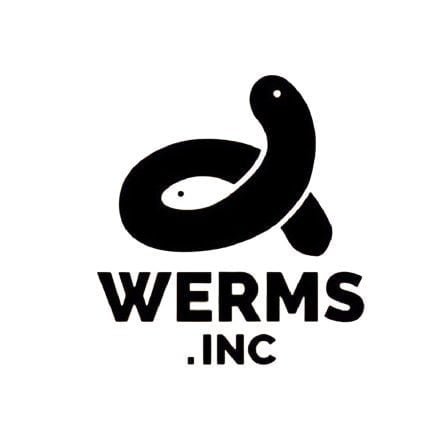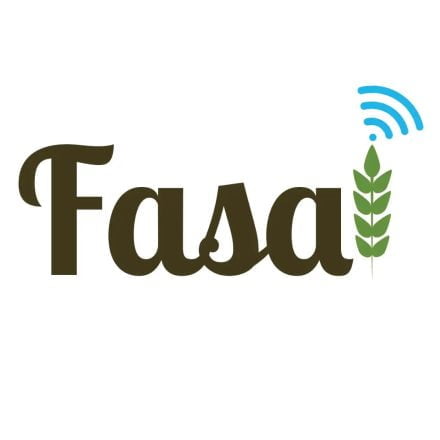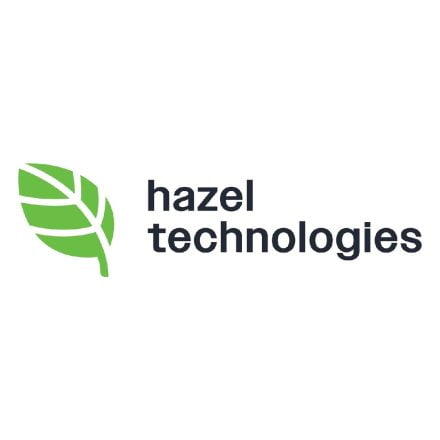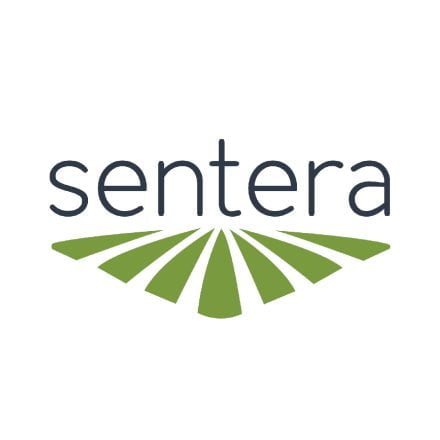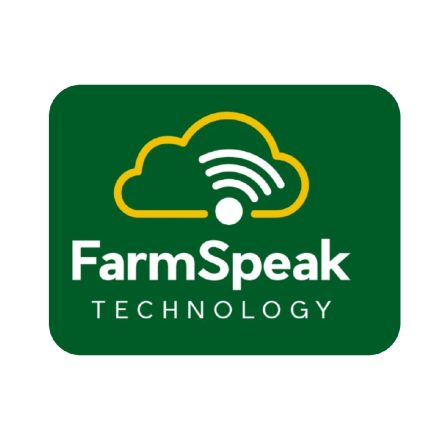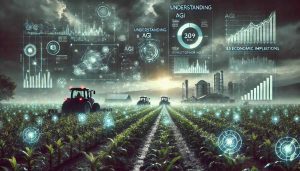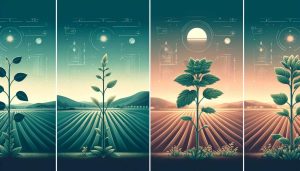Description
Terviva is an innovative agricultural company founded in 2010 and based in Alameda, California. It specializes in transforming degraded lands into productive, sustainable ecosystems through the cultivation of Pongamia trees. Pongamia (Millettia pinnata), a leguminous tree native to South Asia, is noted for its resilience and ability to thrive on marginal lands that are unsuitable for traditional crops.
Sustainable Agriculture and Land Rejuvenation
Pongamia trees are highly valued for their environmental benefits. They enhance soil health by fixing nitrogen, which reduces the need for chemical fertilizers, and their deep root systems prevent soil erosion. These trees also sequester significant amounts of carbon dioxide, contributing to climate change mitigation. Terviva’s Pongamia trees can capture 115 metric tons of carbon per acre over a 30-year period, making them one of the most sustainable sources of edible oil and plant protein.
Products and Processing
Terviva has developed proprietary methods to process Pongamia beans, transforming them into high-quality, sustainable food ingredients such as Ponova oil and plant-based proteins. Ponova oil is a golden, buttery cooking oil with properties similar to high-oleic vegetable oils. The plant protein derived from Pongamia beans has strong gelling and emulsification properties, offering a viable alternative to soy. These products are processed using low-cost, scalable techniques such as mechanical tree shakers and peanut shellers, ensuring economic viability for farmers.
Community and Global Partnerships
Terviva collaborates extensively with local communities, particularly in India, to harvest non-GMO beans. This initiative supports economic development in these regions and ensures a transparent and equitable supply chain. Additionally, Terviva has formed strategic partnerships with major corporations like Danone and Mitsubishi Corporation. These collaborations aim to scale the production of Pongamia-based ingredients and integrate them into global food systems, thereby enhancing food security and sustainability.
Environmental and Economic Impact
The cultivation of Pongamia trees offers a dual benefit of environmental restoration and economic opportunity. By utilizing idle or degraded agricultural lands in Florida, Hawaii, Australia, and India, Terviva not only restores these lands but also provides farmers with a profitable crop that requires minimal inputs. This approach aligns with regenerative agricultural practices that improve soil health, water quality, and biodiversity.
Technical Specifications
- Tree Type: Pongamia (Millettia pinnata)
- Primary Products: Ponova oil, plant protein
- Carbon Sequestration: 115 metric tons of carbon per acre over 30 years
- Cultivation Areas: Florida, Hawaii, Australia, India
- Supply Chain: Ethical and transparent, focusing on wild bean harvesting in India
- Harvesting Techniques: Mechanical tree shakers, peanut shellers
- Processing Methods: Low-CAPEX processing using soybean crushers and proprietary techniques
Manufacturer Information
Terviva is dedicated to creating sustainable agricultural solutions that benefit both the environment and local communities. The company’s innovative approach positions it as a leader in agroforestry and sustainable food production.
Read more: Terviva website.


